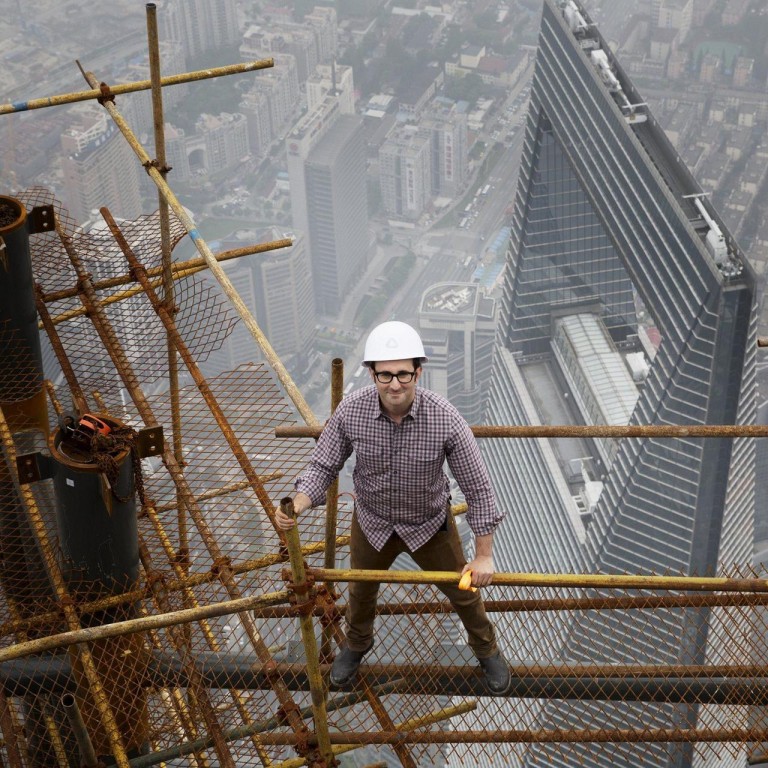
Soft power push seen in China TV deals
Beijing-approved China-themed programming is part of an increasingly sophisticated move to influence the international narrative about China
A hard hat-clad American television host grips bamboo and steel scaffolding, the dizzying urban landscape of China's commercial centre Shanghai unfolding far below him.
"I'm bringing cameras and questions to places outsiders are rarely permitted, to investigate the aspirations of the world's fastest-growing middle class," architect Danny Forster tells Discovery viewers.
Both the cameras - and the questions - are co-funded by the Chinese government.
Beijing has long sought to boost its "soft power" abroad, spending billions of yuan on expanding the international presence of its state-run media - including broadcaster CCTV and official news agency Xinhua - and through its government-sponsored language centres, known as Confucius Institutes.
Now, the Communist Party appears to be investing heavily in "documentaries" on China that are hosted by foreign television personalities and air on major international networks, but are created under the auspices of the party's messaging chiefs.
The State Council Information Office (SCIO) unveiled its latest offering last week in Beijing at the premiere of , a series that will air on The Discovery Channel.
The show is part of a three-year deal in which Discovery will air an hour of Beijing-approved, China-themed programming each week, reaching as many as 90 million viewers in 37 countries and territories.
Discovery executives declined to detail the financial terms of the deal, dubbed "Hour China".
"To tell a good Chinese story, it won't be enough to rely just on our media," Cui Yuying, deputy director of the SCIO, said at the launch ceremony for the series. "We look forward to seeing such strong and influential global media as The Discovery Channel tell an amazing Chinese story."
Discovery and China's State Council have been working together since 2004, and the global television giant has since produced 65 hours of China-themed programming.
Discovery executives have gushed about their collaboration with the SCIO and posed onstage for photos with Chinese government officials.
"We all know China is the factory to the world - the manufacturing capital - but the new China of tomorrow is more innovation-centric," said Vikram Channa, vice president of production and development for Discovery Networks Asia-Pacific.
Enrique Martinez, acting president of Discovery Networks Asia-Pacific, maintained the programme was "a complete brainstorm" between the SCIO and Discovery and that the network retained editorial control.
Asked whether the series amounted to an advertorial funded by the Chinese government, he responded: "I'd say watch the shows. They're incredible, insightful, and just extremely deep analyses of what is transpiring."
Beijing tightly controls expression within China but has a broader goal to expand its cultural influence abroad.
The "Hour China" deal with Discovery - whose parent company Discovery Communications calls itself the "No1 pay-TV programmer in the world" - represents a new approach by Beijing, experts say.
"This concern about trying to influence the international narrative about China has been on China's mind for a long time," said Merriden Varrall, East Asia programme director at the Lowy Institute for International Policy in Sydney. "They've shifted to doing it in a much more sophisticated way."
